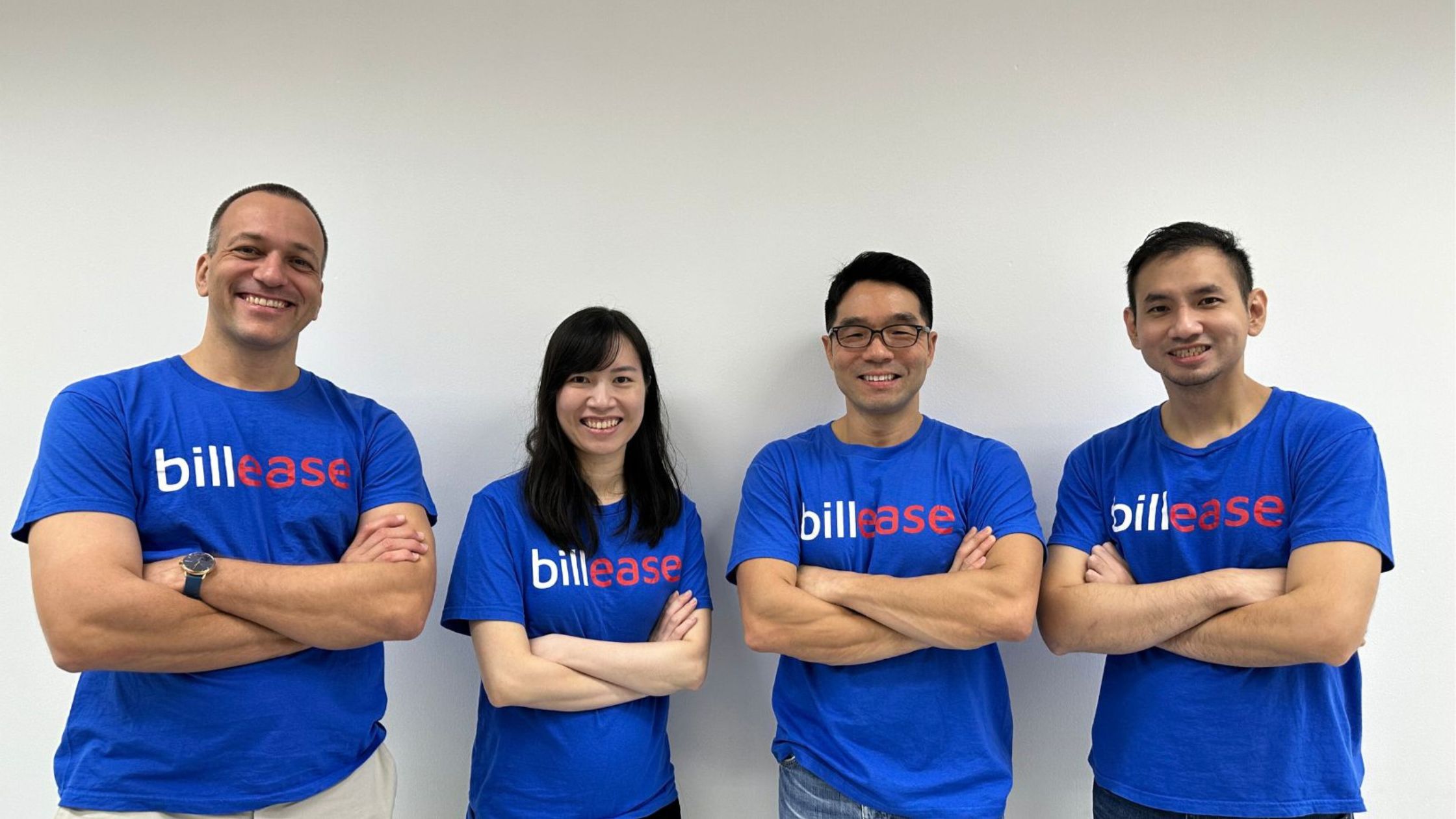AsiaTechDaily – Asia's Leading Tech and Startup Media Platform

Indonesian personal finance app PINA raises funds ahead of November launch
PINA, an Indonesian personal finance app, announced raising an undisclosed amount in its latest venture funding round, led by Singapore’s 1982 Ventures.
iSeed Asia, a fund backed by AngelList and Naval Ravikant, PT Prasetia Dwidharma, Oberyn Capital, and prominent angel investors have also participated in the funding round.
PINA, which aims to help people to manage and grow their money by providing automated money management and investing solutions in a single app, said it will use the funds to accelerate product development and growth ahead of its launch in November.
The startup was founded this year by former Grab executive Daniel van Leeuwen and financial services veteran Christian Hermawan.
“Our mission is to help everyone achieve financial independence by providing products and advice that make complicated financial decisions simple and relevant,” said Leeuwen.
He added that wealth-creating tools reserved for high-net-worth individuals are now available to all, and PINA empowers people to invest and manage their money in a way they can understand.
According to the announcement, PINA is not just providing an easier way to invest in Indonesia’s emerging financial market, but also providing access, trust, and financial literacy to address the country’s low retail investor penetration for lower to middle-class segments, millennials, and first-time investors.
“PINA aims to bridge that gap by building trust and providing access to financial education,” as per the announcement.
According to the 2020 e-Conomy SEA report by Google, Temasek and Bain & Company, Indonesia’s digital economy is still growing double digits, with consumers and SMEs adopting digital financial services like never before despite Covid-19’s disruption to global economic activity.
PINA is well-positioned to tap into this growing retail investments market. The value of Indonesia’s retail savings and investments market has grown significantly to over $400 billion.
Approximately 2.2 million trading accounts were opened in the first half of 2021 alone, representing a 60% increase over the full year 2020 figure. Nearly 80% of these accounts were opened by people below the age of 40.





